More Thoughts About Science and Speculation
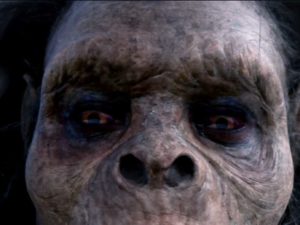 Depending on the version you read, the word “science” occurs twice in the Scriptures.
Depending on the version you read, the word “science” occurs twice in the Scriptures.
In Daniel 1:4, the Babylonians sorted through the Jewish boys they’d taken captive, hoping to find some they could train in their own ways. They looked for young men who were “cunning in knowledge and understanding science,” as the KJV put it. (The NIV words it “well informed, quick to understand.”)
In 1 Timothy 6:20, if the Apostle Paul spoke King James, he would have admonished Timothy to “avoid profane and vain babblings and oppositions of science falsely so called.” (The NIV Paul would have put it “godless chatter and the opposing ideas of what is falsely called knowledge.”)
The world’s always been good at that “false knowledge” sort of thing. Lately there have been gushes of godless chatter and so-called science from a variety of hot springs. One blatant “profane and vain babbling” came in the form of the recent Animal Planet pseudo-documentary (aka “mockumentary”) about mermaids. (They’re real, did you know that? It’s true! I saw it on TV!)
I confess: This past May, I was among the 3.6 million people who failed to follow Paul’s admonition to avoid vain babbling and watched the two-hour special, “Mermaids: The Body Found.” As if that wasn’t enough for one evening, I followed it up with a chaser of “Mermaids: The New Evidence.”
Number me also among those who missed the fine-print disclaimer in the end credits stating that “certain events in this film are fictional.” No harm there, though, as I’d already formed that opinion. 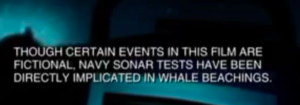
These sci-fi wolves in science-fact clothing prowled on a supposedly reputable cable channel (which may be an oxymoron, but that’s another topic). A significant number of viewers thought they were seeing the real thing—and they followed like sheep.
About six and a half million years ago, the story goes, the eastern coast of Africa flooded over. Some of the not-yet-human beasts from which we allegedly descended went inland to escape. Another group, however, went out to sea, adapting into a species called the Aquatic Ape.
This scenario is presented as probable fact. From what I’ve found, however, evidence for the theory is thin, and adherents to the Aquatic Ape theory represent a small fringe of the scientific community.
According to the TV story line, remains of these half-human/half-sea-creatures have been found in various places throughout the world; photos and videos have been taken of living specimens. Researchers sent in a DNA sample for analysis, but were told by the lab that it must have been contaminated, because tests showed it to be human DNA.
Bummer, though: all the evidence has disappeared or been confiscated by governmental authorities. It seems the U.S. Navy, in collusion with international powers, has conspired to cover up the existence of these mermaids. You see, if they’re forced to acknowledge our aquatic cousins, they’d have to stop their deep sea sonar testing.
The creative tale held my interest to the end, but the way this obvious fiction was presented in the guise of reality disturbed me. I didn’t stick with it long enough to read the credits at the end, but had I seen the disclaimer, that small blurb would have done little to placate me. The whole thing smelled of hoax, and the smirking little admission of, “Just kidding… kinda” doesn’t make it any better.
But wait a minute, you say: this is TV. What do you expect? And they admitted it was fiction. So what’s the big deal?
Let me count the ways…
Well, okay, I won’t count them. Instead, let’s hear from the show’s creator, Charlie Foley: “The science really informs the fiction. The theory of Aquatic Ape mentioned in the program is real and has been studied for decades. Many events in the show have occurred – i.e. the whale beachings, Navy experimental sonar testing, The Bloop … We use the transitive property to further explore the possibility of mermaids – i.e. if polar bears evolved from the brown bear, isn’t it possible that a mermaid, which was reported in disparate civilizations for ages, evolved from a human-like creature that retreated into the water? The scientists are actors who portray an authentic government organization (NOAA) who currently study phenomena like whale beachings and sonar testing. The imagined part of the show is our entry point into a new world of possibility rooted in science.”
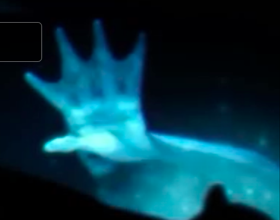 Just what “science” informs this fiction, Mr. Foley? And how does any of that justify the portrayal of speculative fiction as documented fact?
Just what “science” informs this fiction, Mr. Foley? And how does any of that justify the portrayal of speculative fiction as documented fact?
I’m not the only one bothered by this. Some scientists—real ones, I mean, not actors who play scientists—are upset as well. Marine biologist David Schiffman states that he’s angry “because the ocean is extremely important. It provides jobs for tens of millions of people and food for billions. However, many marine resources are being overexploited and mismanaged, leaving us in serious danger of losing them forever. Policy solutions can help, but if you are so ignorant about what is really happening in the ocean that you believe that there are organisms that are half human and half fish, you’re almost certainly unaware of the important problems, much less how to solve them.”
As I see it, though, there’s a bigger issue at stake here than people’s ignorance about what’s happening in the ocean. How about what’s happening in society, in the world at large? How about the tinkering going on with people’s minds?
We’re fed line after line of twisted truth, half-truths, sorta-truths, and bald-faced lies by academia, politicians, big business, the news media and entertainment professionals, scientific experts, and even, all too often, from pulpits. After a while, we grow weary of it all, too weary to be discerning, too weary to care. We hear something that sounds right superficially, something that vindicates our personal preferences, something we want to believe, and we accept it. If we’re not careful, our minds can be changed and opinions shaped without our knowing it.
You’ve probably heard the illustration of how a bank teller learns to distinguish a counterfeit bill by handling a lot of real ones. In a similar manner, when you’re on intimate terms with the truth, it’s not so hard to detect falsehood. As writers and readers, our eyes and minds devour a lot of words on any given day. Our first priority should be to ground ourselves in God’s truth before we venture elsewhere.
It’s fun to speculate about what might be, to create worlds of our own imaginings. What’s not fun is mislabeling the line between fact and fantasy. If we’re Christ-followers, we’d better make sure our fiction points people to the truth, and that without ambiguity. Our gifts are not given us so we can add more noise to this world’s awful din; our job is to help the confused make sense of it all, to guide their feet to the Rock that doesn’t shift with the whims of modern culture.
is mislabeling the line between fact and fantasy. If we’re Christ-followers, we’d better make sure our fiction points people to the truth, and that without ambiguity. Our gifts are not given us so we can add more noise to this world’s awful din; our job is to help the confused make sense of it all, to guide their feet to the Rock that doesn’t shift with the whims of modern culture.
A commenter to my most recent post pointed out that the unbelieving world doesn’t have a corner on deception. It’s a sad fact, but true; Christians are not always forthright and honest. But it’s also true that the devil is the father of lies (John 8:44). When we willingly deceive, we play his game. And when we see others taking up his favorite tool, we can know it’s a pretty good indication of whose side they’re on.






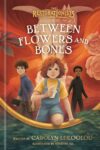





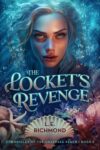
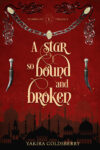
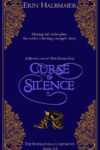




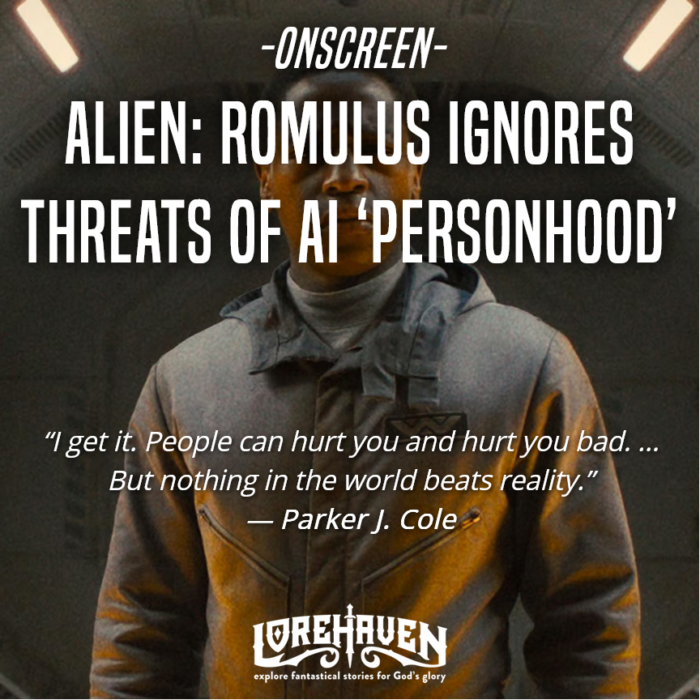

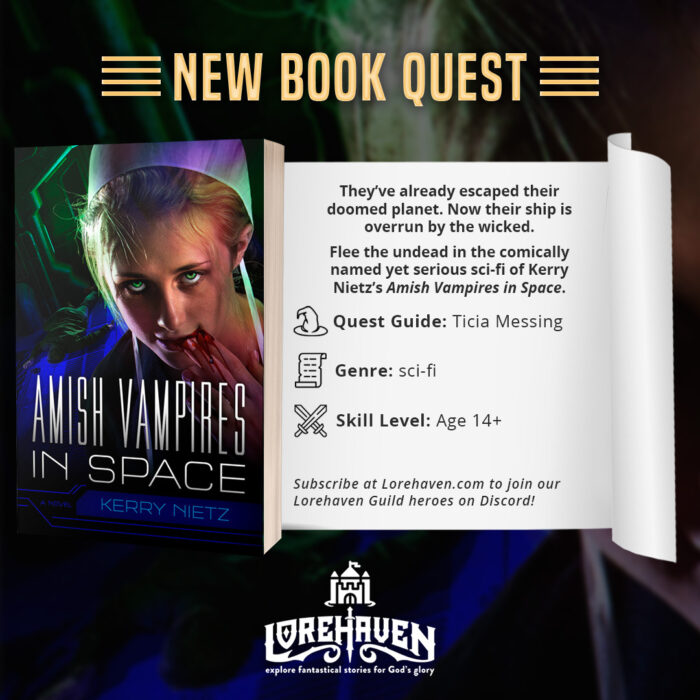
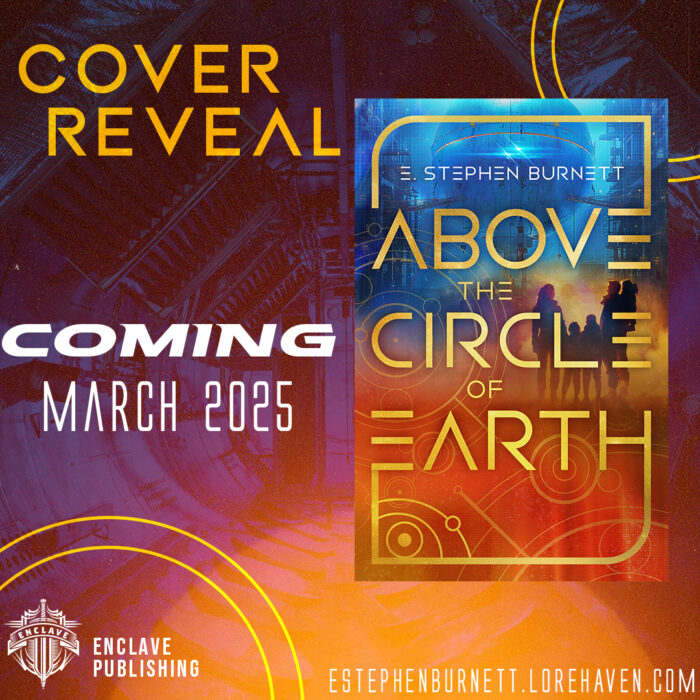








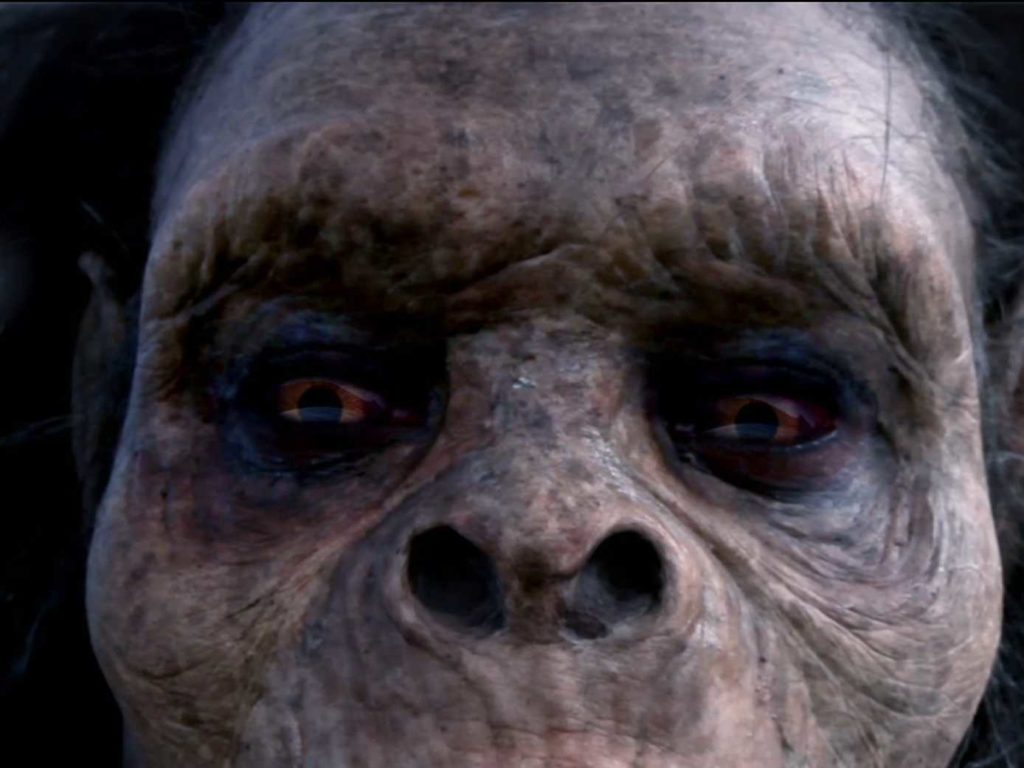




I doubt anybody takes that stuff seriously. It’s like the alien whatever/redneck reality shows on History Channel or whatever noise they’re doing on Discovery anymore, just desperate attempts to provoke us into watching their cheap filler shows. Just keep “My Cat From Hell” heavy in the rotation, because I like Jackson Galaxy even if he looks like a Hell’s Angel who stole a Mary Kay lady’s car, and I’ll even pretend that trees and treehouses are germane to Animal Planet because I like that cheerful tree-hugger guy.
Thanks for your thoughtful post. I think my number one worry about my writing is whether it is vain babbling or coarse joking or all things edifying. For instance, I just finished my first horror story (for Splickety submissions closing in 2 days), and I’m seriously wondering if it is edifying. It’s not unChristian but in what sense is it redeeming. Does it have to be? If you consciously try to be redeeming it seems not to work… So, yeah, these are tough problems.
Question. If you were both Edgar Allen Poe and a Christian (was he?), should you just keep it to yourself? Same question but insert Stephen King. I mean his Dark Tower stuff will mess you up for life. =)
I’ve heard about but never seen their similar dragon special…. I’d still like to watch it, though.
I actually saw it, and do to the fact that I believe dragons were real, just dinosaurs, it wasn’t until the end when they went into a detailed explanation of how the “discoveries” weren’t real, they were just making guesses of how dragons “could”have evolved”, that I realized it wasn’t real. Felt like a rip-off honestly.
Thank you Yvonne. This is well written and thought provoking. In the world I write about the scientists become priests, manipulation of chemicals and forces becomes ritual to control the population. You brought me to realise the prophesy of my story.
I did see it, and while it did a good job of explaining that it was a “what if” at the end, I still felt ripped-off. Probably because I believe dragons were dinosaurs.